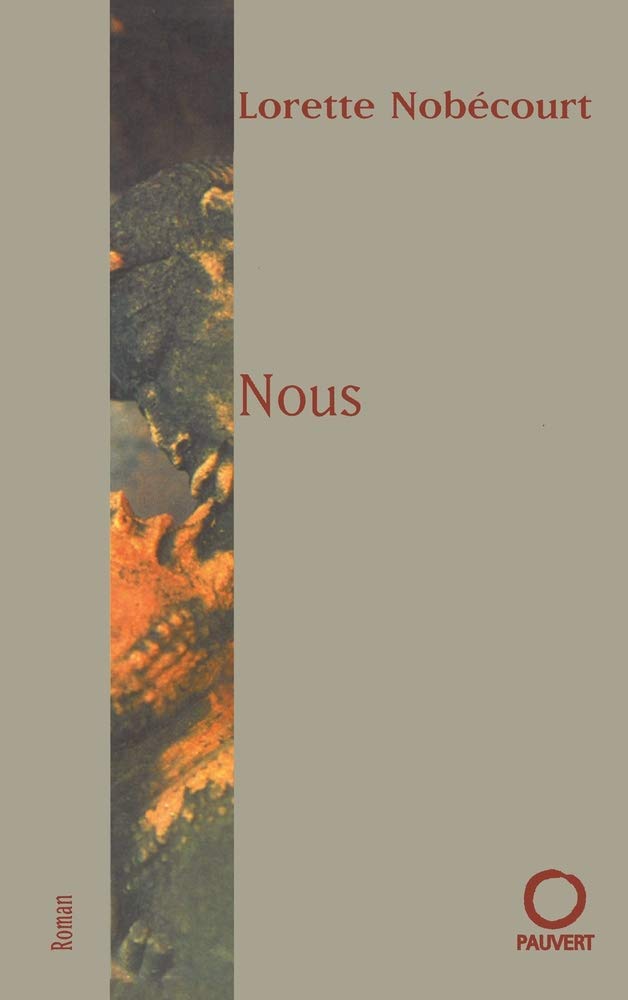
Us
Éditions Pauvert, 2002 - Le Livre de poche, 2004 - Under the name of Lorette Nobécourt
Traduction de Narjisse Moumna
Incipit
Yolande
There were too many souls on this train to Berlin. Night and day, without luggage. Stuck in the wagons, gathered on the platform, quite a crowd. Do you remember, Nathan, the Paris-Moscow train at a quarter to four? And that Saturday, do you remember the controller who was in a hurry but so happy – yes, there was that event staging the happy controller among the confused mass of humanity which was about to leave. That happy controller in the midst of all the people. There was also the mother who was heading towards the east. Not to mention the event of the girl with her newspaper nested in her armpit, her golden hair falling in disarray on her fragile shoulders. There was also the man and his too dark, static gaze, holed like that of a cannon. They all wanted to see with their own eyes. Let’s not forget the teenager and that woman aged fifty-three. She was from Estonia, she told me.
Back Cover
The announcement has been made: the Wall of Berlin has fallen. A global earthquake. The chance to get closer. A young woman, with a curious heart, takes the train to attend the event. On the way back, a man looks at her. It is love at first sight. First he waits a bit, then calls her back, and finally sees her again in Paris. They move onto the same landing, living in two neighbouring but separate flats. They beget a child, a little girl. On that landing, over the years, their wall starts rising, stone by stone, as a token of a cold war that they fiercely wage.
There is a chorus of families, mistresses, lovers, with their secrets buried for generations, the unspoken that dim the couple – Yolande and Nathan -’s promises of happiness.
It is this work of subterranean undermining which keeps eroding the constant striving of love, that Lorette Nobécourt’s polyphonic writing mimicks with such a terrifying perfection. Until the glorious body is left with no other way out than disaster, and the chance for a renewal.

